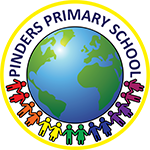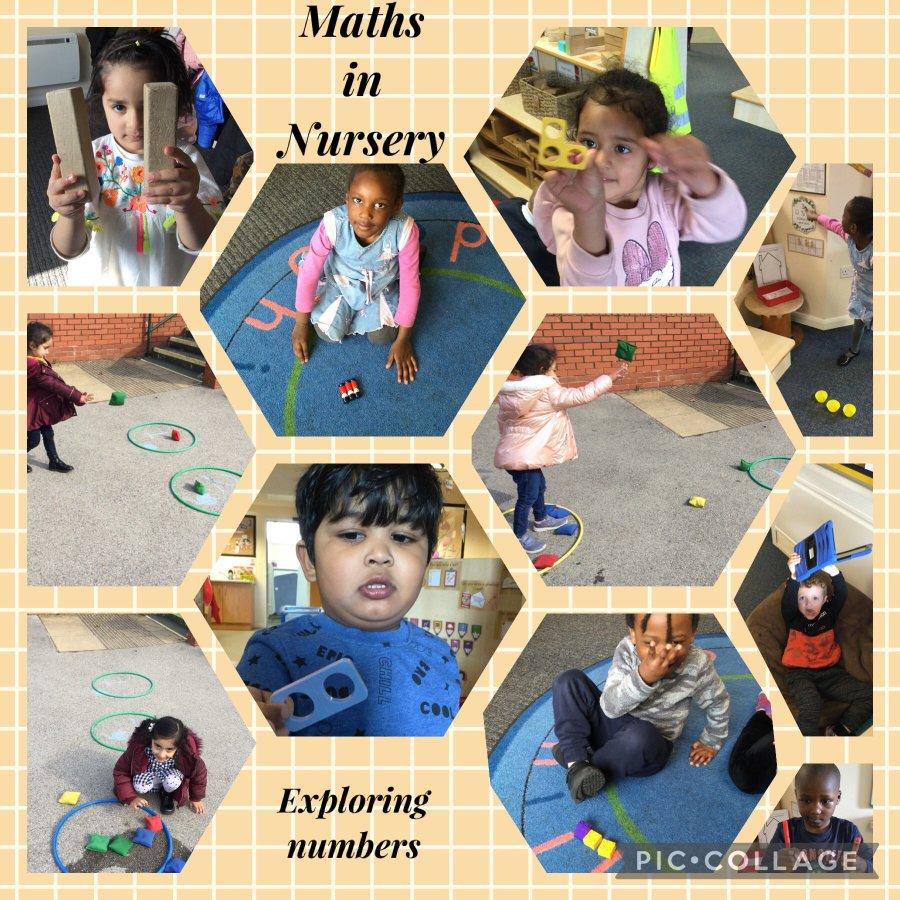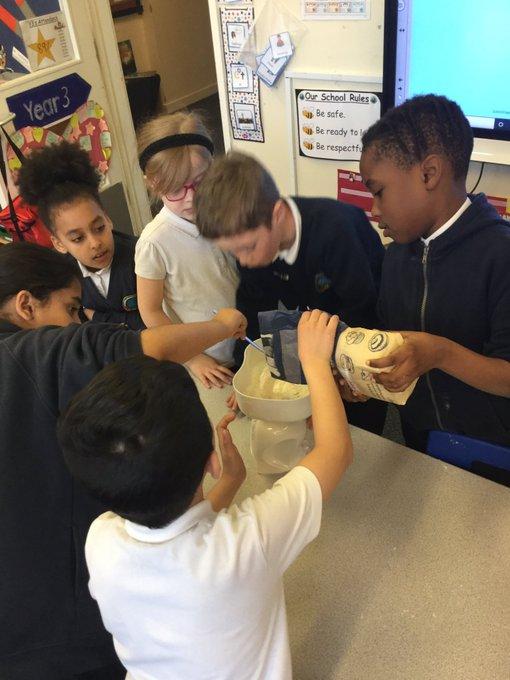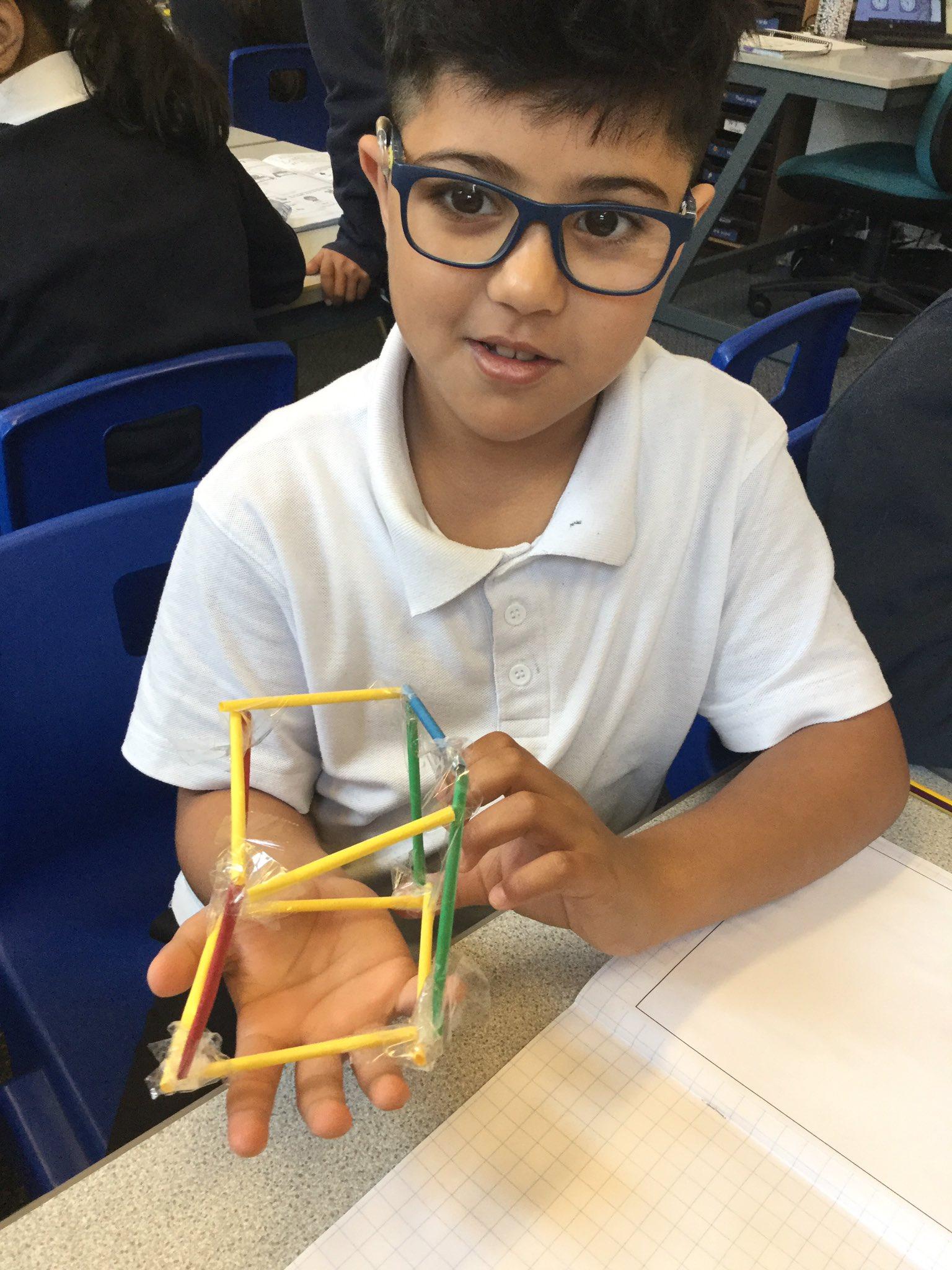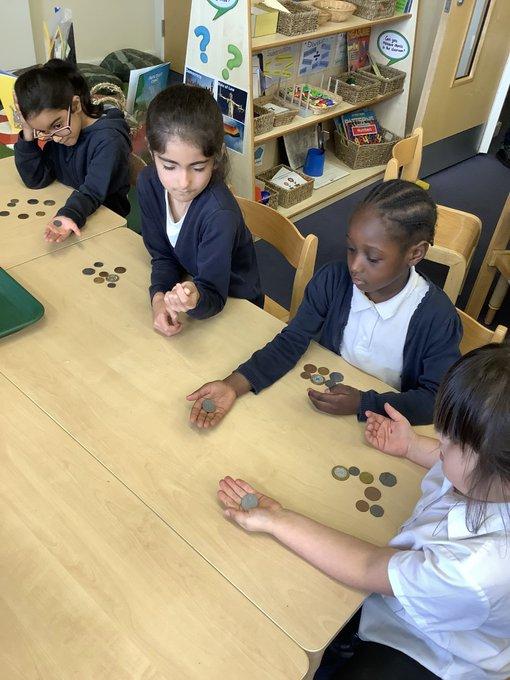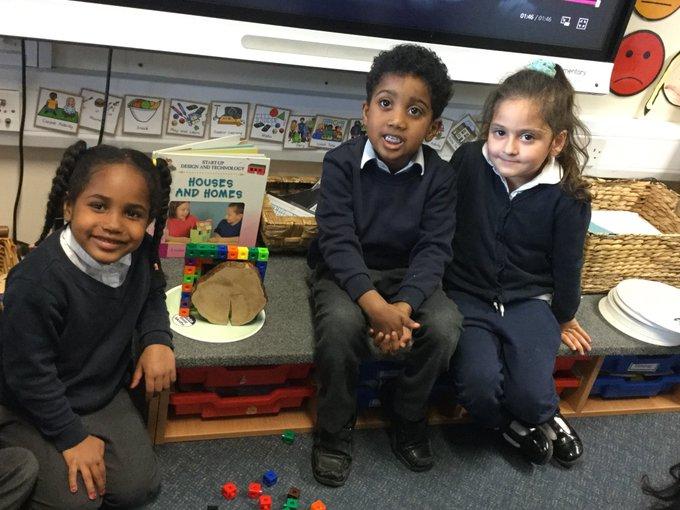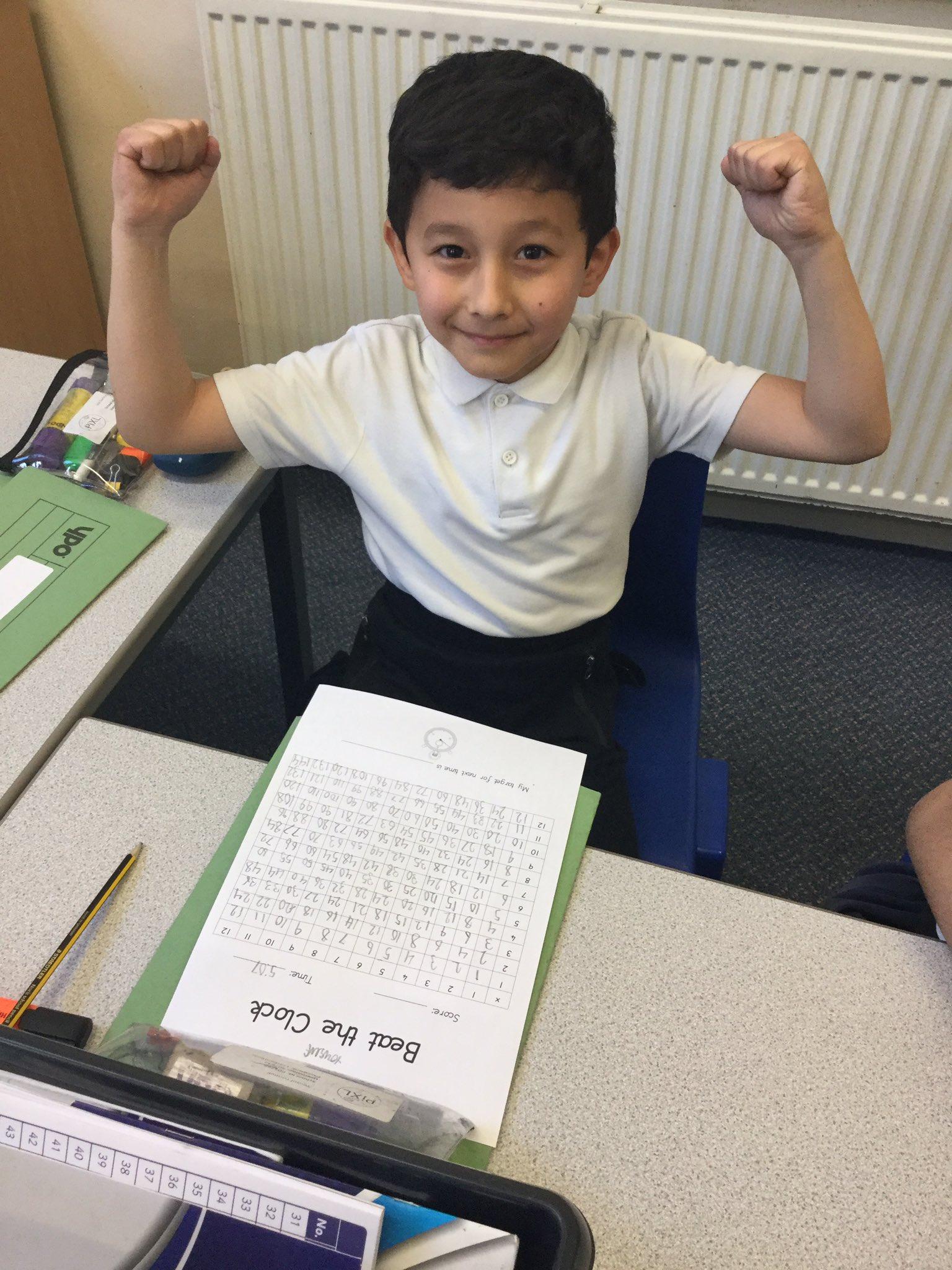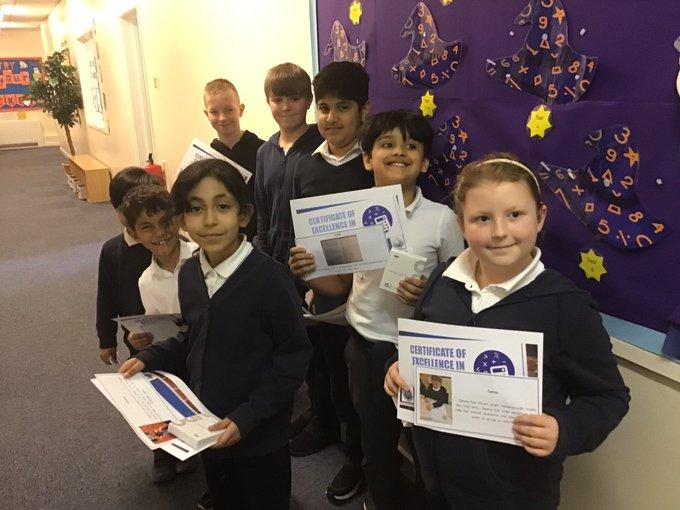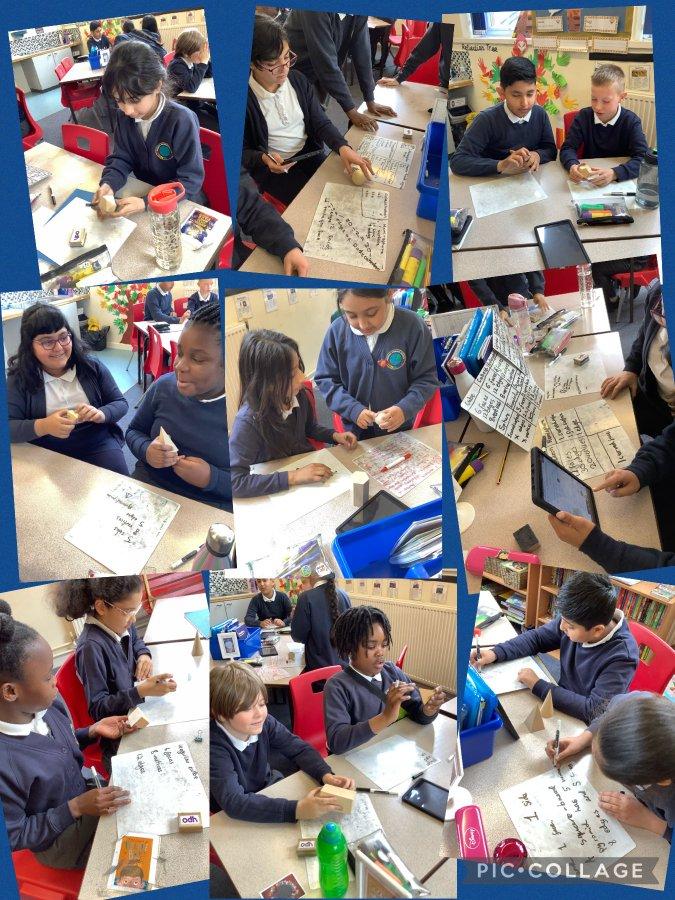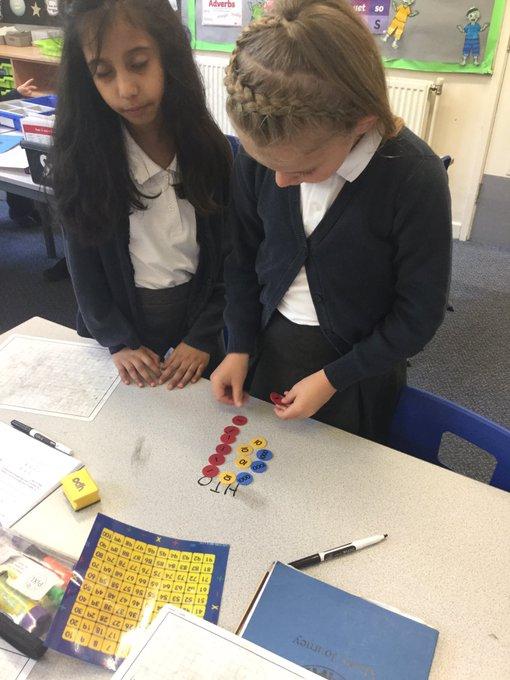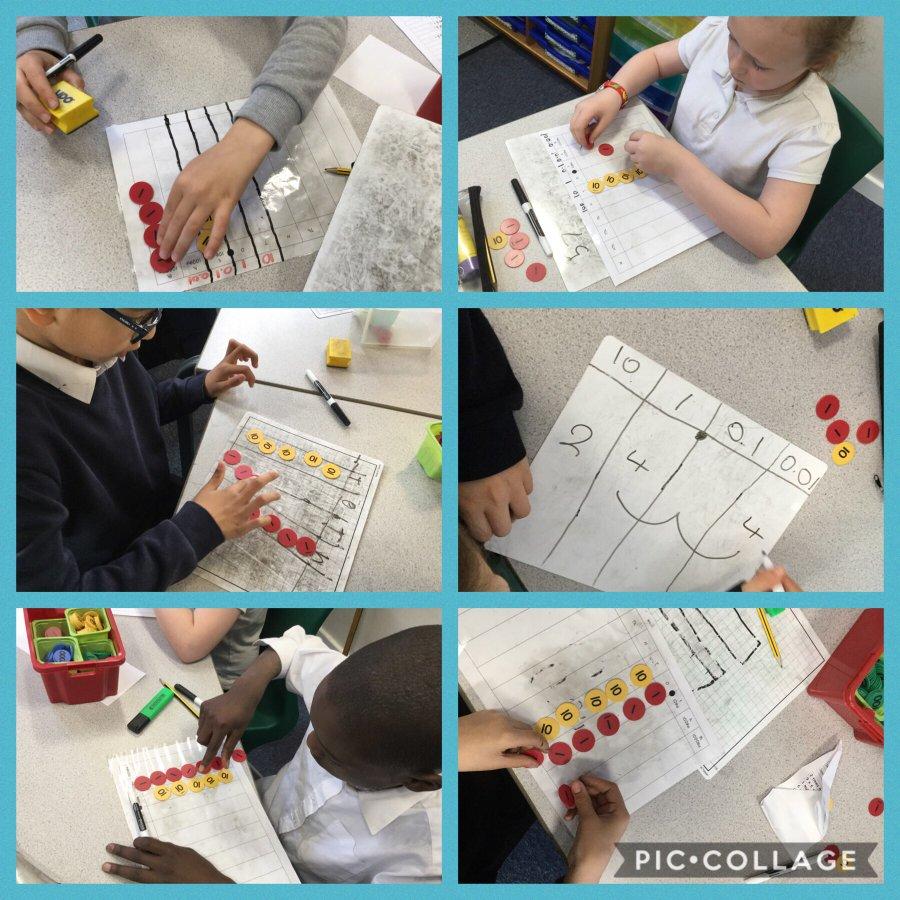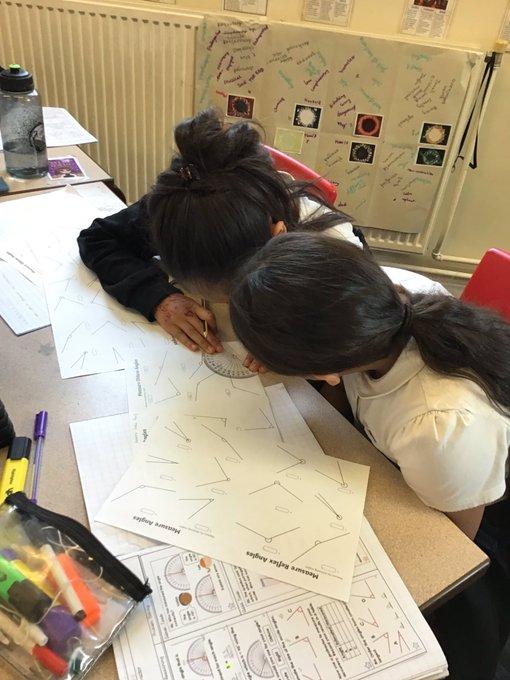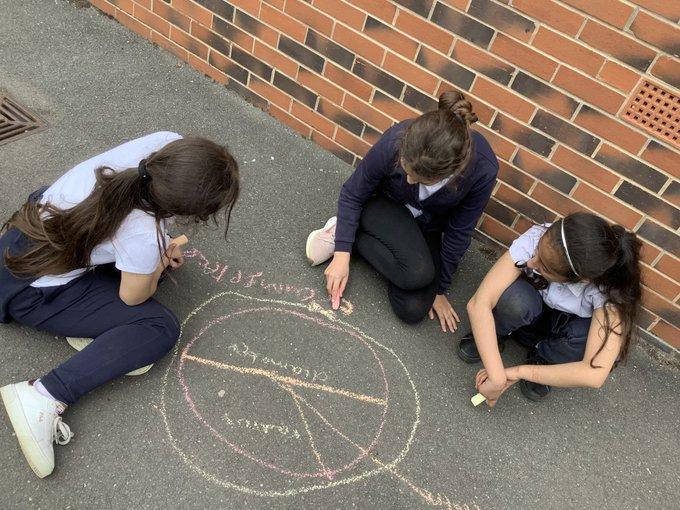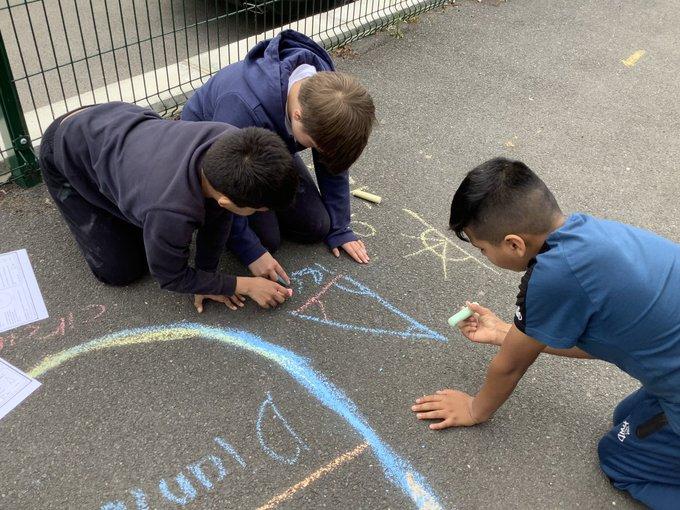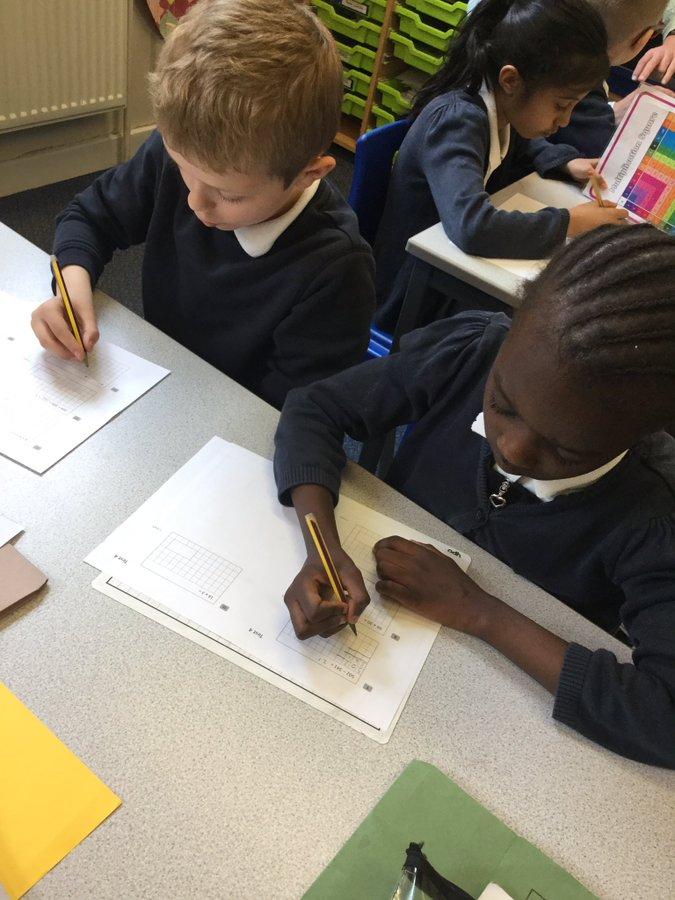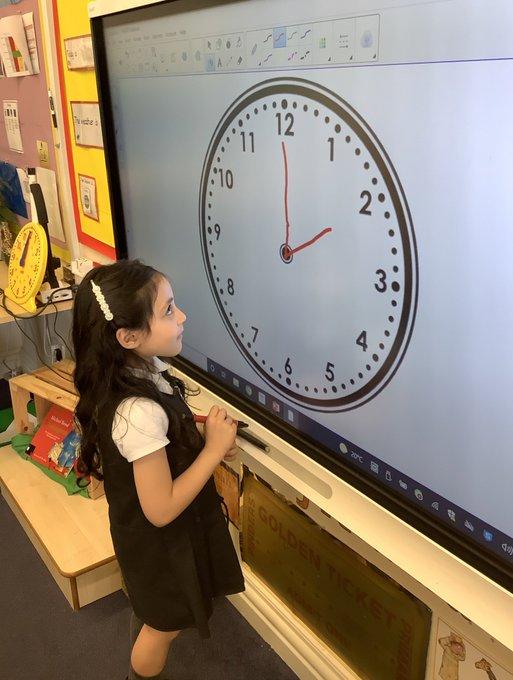Maths
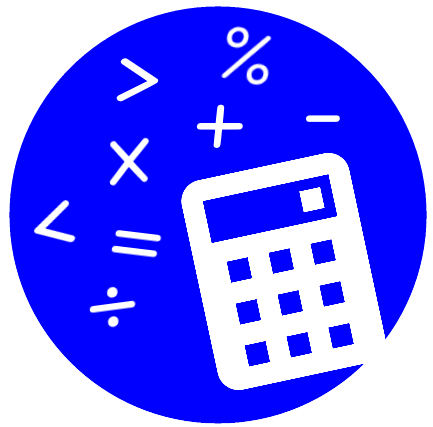
Mathematics
“Everything around you is mathematics, Everything around you is numbers.”
Shakuntala Devi (Human –computer)
Subject Leader: Miss Young
Subject Governor: Mr Neil Hardwick
Maths Statement of Intent
At Pinders Primary School, we believe that all our pupils deserve an ambitious mathematics curriculum, rich in skills and knowledge, which ignites curiosity and prepares them well for everyday life. Out mathematics curriculum gives pupils the opportunity to become fluent in the fundamentals of mathematics, through varied and frequent practise with increasingly complex problems over time, so that pupils develop conceptual understanding and the ability to recall and apply knowledge rapidly and accurately.
At Pinders Primary School, we embrace the mastery approach to teaching mathematics and ensure we have a concrete, pictorial and abstract approach when delivering lessons. Arithmetic is an integral aspect of our mathematical curriculum and is taught both during our maths lessons when appropriate and as a separate weekly session. Problem solving plays a pivotal part within our maths sequences and we ensure that our pupils have opportunity to apply their mathematics to a variety of routine and non-routine problems with increasing sophistication, including breaking down problems into a series of simpler steps and persevering in seeking solutions.
We strive to develop their ability to make mathematical connections, therefor our curriculum offers opportunities for out pupils to mathematically reason by following a line of enquiry, inferring relationships and developing a justification or proof using mathematical vocabulary. Incorporated into our curriculum are opportunities for application of mathematical skills into real life situations.
Aims in Teaching Mathematics at Pinders Primary
We aim:
- For all pupils to become fluent in the fundamentals of mathematics, so that pupils develop conceptual understanding alongside procedural understanding.
- For all pupils to be quick and efficient in the recall and application of facts and procedures with the flexibility to move between different contexts and representations of mathematics and to gain automaticity with key facts including multiplication tables through the use of interactive games (such as Times Tables Rock Stars, rewards and praise).
- For all pupils to reason mathematically by spotting patterns, making connections and justifying their answers using mathematical language as proof.
How is the content chosen?
As a school we have adopted the White Rose Maths Long Term Overviews and teach in phases to ensure all children access the same diet of maths. The White Rose curriculum is a cumulative curriculum, so that once a topic is covered it is met many times again in other contexts, which also allows for a clear progression of skills and knowledge to be taught. Furthermore, the long term blocking for each phase is sequenced to ensure children can embed learning through spaced repetition of learning and make connections which leads to a greater depth of and a holistic understanding within the subject. We also use Classroom Secrets resources as the basis for our independent tasks and modelling as the resources are in line with the White Rose Maths Structure and include a range of variation through representations and procedures taught, they also set out the structure for teacher-led modelling using a range of pictorial representations to support the CPA approach. The curriculum reflects the expectations in the National Curriculum programmes of study and Early Years Foundation Stage (EYFS) framework and engages and inspires our children. The content may also be chosen based upon the needs or interests of specific cohorts or links to events which are taking place in the community or wider world.
The Mathematics National Curriculum
How is the subject taught?
At Pinders Primary School a clear and comprehensive scheme of work that is in line with the National Curriculum is in place. Maths is taught daily through the teaching for mastery approach. The phrase ‘teaching for mastery’ describes the elements of classroom practice and school organisation that combine to give pupils the best chances of mastering maths. Achieving mastery means acquiring a solid enough understanding of the maths that’s been taught to enable pupils to move on to more advanced material. In school, we have four sessions per week that follow the White Rose Maths long term overview and a weekly Arithmetic lesson where key skills are taught to ensure fluency. Daily lessons are broken down into small connected steps that gradually unfold the concept, providing access for all children and leading to a generalisation of the concept and the ability to apply the concept to a range of contexts. We utilise the concrete, pictorial and abstract approach which begins by manipulating physical objects to represent number (such as counters, tens frames, numicon, base ten or other small items). Then moves towards the pictorial stage whereby concepts and procedures are modelled visually in a variety of ways then finally onto the abstract stage where digits and procedures are written formally in abstract form. The wide variety of representations used in lessons expose the mathematical structure being taught, the aim being that students can do the maths without reverting to the representation. Our environment is rich with language with key vocabulary and language displayed in the classroom. Each class uses a working wall to enable children to independently review their learning and remind themselves of new concepts and representations of procedures.
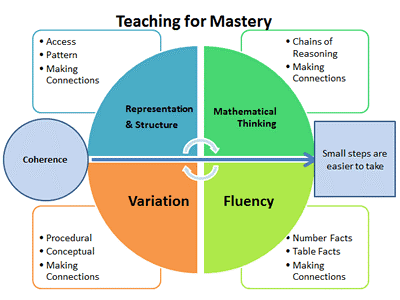
How do we ensure progression of knowledge and skills?
At Pinders Primary School we have in place for Mathematics a comprehensive knowledge and skills progression document, which is used for planning, to ensure sequenced and appropriate content for specific year groups, as well as a build-up of knowledge and skills to connect the mathematics and draw attention to mathematical relationships and structure. Within these documents there are also opportunities for differentiation, in order to meet the needs of all learners.
Becoming a Mathematician
At the beginning of the week in a taught maths session the children are explicitly told that today they are going to be ‘Mathematicians.’ They are then reminded of the key skills that they will learn, use and develop within that subject. In Maths these are:
We are learning to:
- be fluent in key facts including multiplication tables
- reason mathematically by spotting patterns and making connections
- justify our answers using mathematical language as proof
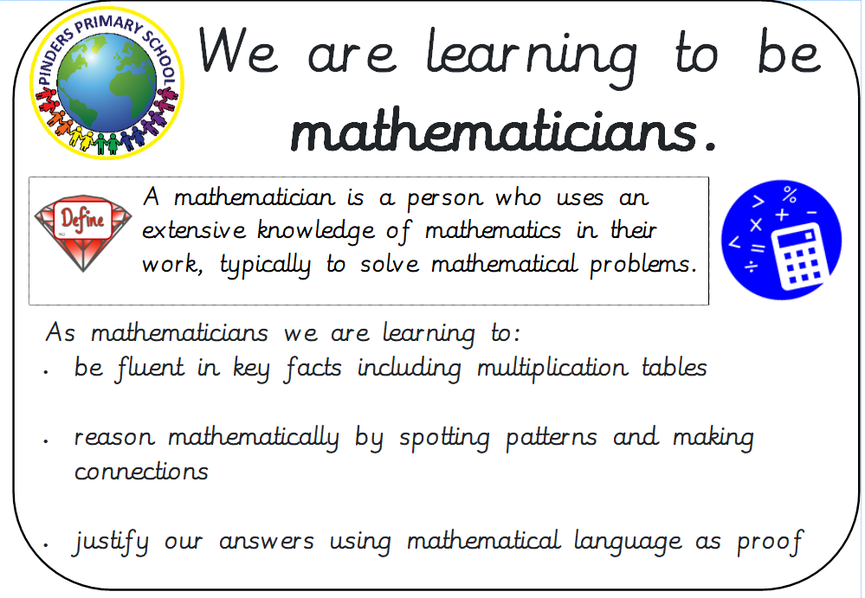
Teaching Maths in EYFS
Maths is one of the four specific areas within the Early Years Foundation Stage. Each specific area is divided into Early Learning Goals, the maths Early Learning Goals are Number and Numerical Patterns. In EYFS maths is taught daily following the White Rose Maths curriculum. These lessons vary in structure with some being whole class sessions and others having a short whole class input followed by maths in provision. During this time we work in small groups to master the skills and concepts being taught through activities and resources in our provision areas. This allows the children opportunities to continue developing these skills during free choice. Alongside this, children learn about maths through play and their daily experiences. And the more meaningful to them and hands on it is, the better.
How do we develop cultural capital in Maths?
Cultural capital is the accumulation of knowledge, behaviours, and skills that a child can draw upon and which demonstrates their cultural awareness, knowledge and competence; it is one of the key ingredients a pupil will draw upon to be successful in society, their career and the world of work.
Cultural capital is present in maths through the teaching of concepts with an embedded real-world context. For example, money is taught through the context of buying and selling, and children often have the opportunity to visit local shops to physically spend money. We also hold whole school competitions where children have the opportunity to ‘Grow a Pound’ and fundraise by creating their own business plan and executing their ideas. We also host a Primary Futures event yearly which gives the children the experience of being inspired by and exposed to a wide range of careers and job choices. Through our curriculum we build in experiences and knowledge by immersing the children in the world around them and national events so that they develop their sense of self-worth by developing competencies and by playing a positive role in contributing to school life and the wider community.
Curriculum Documentation
Relevant Subject Research Links
Parent Support/Links
